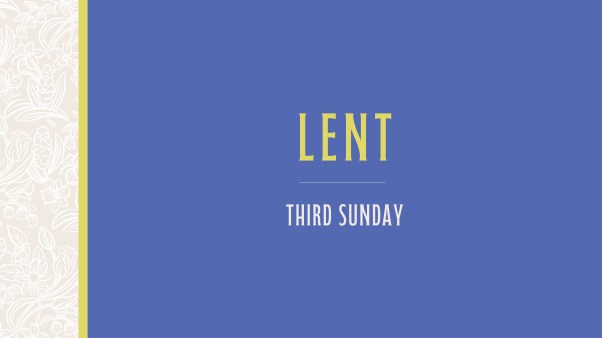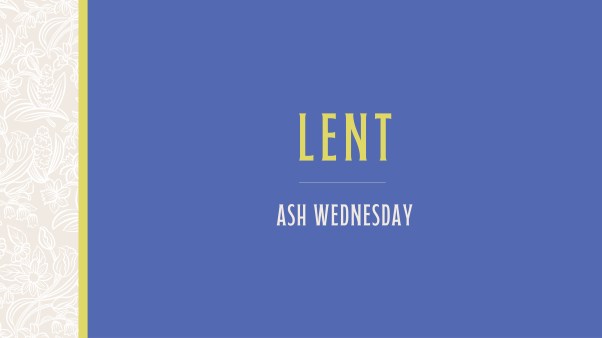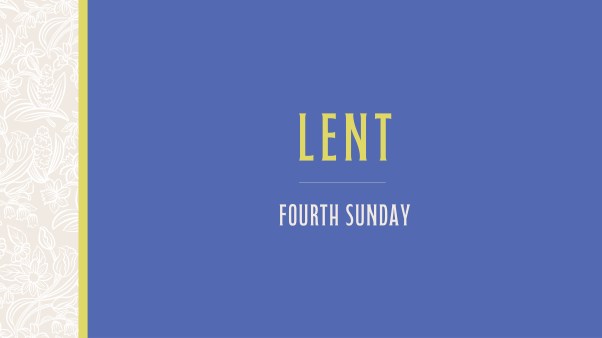For the past few months, the US job market has been showing signs of weakness. Erratic economic policies coming out of Washington make businesses skittish to hire new workers. Federal workforce cuts, the immigration crackdown, and higher interest rates are also contributing to the slowdown, according to economists.
In the past two years, the general unemployment rate has hovered around 4 percent. For African Americans, it’s increased from 6 to 7.5 percent over the four months leading up to October. Racial employment disparities are nothing new. But the gap has worsened recently as a result of the slowing economy and may worsen even more due to cutbacks to diversity initiatives.
Black churches have long stepped in to help congregants support themselves and their families during financial crises, offering food, cash assistance, and other needed aid. But when it comes to employment, there’s perhaps no one offering services on the same level as Bishop T. D. Jakes, the founding pastor of the Dallas-based megachurch The Potter’s House.
Jakes pastored the predominantly Black congregation for nearly 30 years before handing over the leadership mantle to his daughter and son-in-law in July. He oversees other organizations, including the T.D. Jakes Foundation, a nonprofit focused in part on providing workforce training to residents in underserved communities in Dallas and other cities like Atlanta and Miami.
Funding for the projects comes largely from Wells Fargo, which has struck a partnership with the prominent pastor that both sides say “could result in up to $1 billion” in financing over ten years.
Some have criticized the collaboration with the bank, which has been accused in the past of engaging in harmful lending practices that have disproportionately impacted minorities. The foundation declined to comment on those criticisms. But Jakes has previously said that he feels comfortable working with new leaders at the bank who he believes are attempting to rectify past misdeeds.
Jakes has announced plans to develop mixed-income housing with investment from the bank. The partnership also includes grants from the Wells Fargo Foundation, some of which have already been distributed to historically Black colleges and universities (HBCUs) and economic-empowerment initiatives.
CT recently caught up with Kelley Cornish, president and CEO of the T.D. Jakes Foundation, to hear more about the organization’s work. The interview has been edited and condensed.
Kelley, what’s the foundation’s origin story? What did the initial launch phase look like?
The T.D. Jakes Foundation was launched just before the COVID-19 pandemic in 2020. Bishop Jakes was thinking about what he wanted his legacy to be.
For the first two years, the foundation focused on moving programs the church was already doing into a public charity. Jakes had started putting together job fairs and hiring mixers when he first came to Dallas many years ago. Today, when people come to our hiring mixers, they can get headshots. We work with employers ahead of time to identify jobs for them.
Jakes had also been hosting two-week summer camps for kids at the church. So we moved those to the foundation. We recently hosted a camp in Atlanta which offered coding and robotics training.
You joined the foundation in 2023. It seems work ramped up around that time.
Around the time I arrived, we were able to partner with the Wells Fargo Foundation and receive funding to build out the foundation.
I have a corporate background, specifically in banking. I knew we needed a vision to steer the organization forward. One day I asked Chairman Jakes, “What’s your vision?” He replied, “What’s your vision?” I was like, “Oh! I don’t know. Let’s figure this out together.”
We brought in a consulting firm and went through a yearlong process to flesh out the vision (“a world where every community thrives”), and the three pillars of our work: financial inclusion, workforce readiness and educational access, and community well-being.
We’ve funded programs in each pillar, and we’re now moving from Dallas to Atlanta, Baltimore, and other parts of the country. We’ve hired more people and now have more than 30 employees.
Are companies—and their foundations—more willing to give money because this work is not being done within the church?
Yes. There are people who really believe in the reach of Bishop Jakes and want to invest or co-partner with the foundation but might not want to donate money to a religious entity.
We also have a corporate board governed by an executive from Google [Jim Anderson], former Dallas Mavericks CEO Cynthia Marshall, and others. We’re not competing with the church. We’re supplementing its work.
The foundation has a goal of reaching up to 75,000 people with workforce programs by 2026. Are you on track to reach that goal? How are you seeing an impact, in terms of growing labor-force participation or participants benefiting from new skills?
We’ve funded some HBCUs —including Clark Atlanta University, Morehouse College, and Wiley University—because they are our pipeline into corporate America and entrepreneurship opportunities.
At Wiley University, Wells Fargo is powering a financial empowerment center that teaches students, staff, and the community about credit and banking. We’re also giving money to other financial-literacy entities like Operation Hope.
Recently, we kicked off our first cybersecurity cohort. Thirty to fifty people are engaged in a four-month program. The certifications they’ll receive will make them eligible to earn an annual salary of $70,000.
Last year, we saw about 2,300 people come through our hiring mixers. We had 1,700 people attend a three-hour event in Dallas. We checked the data afterward and saw that 500 people had actually received jobs from that one particular event.
Tangential programs we’re funding include a nonprofit in Maryland that offers a food-and-employment center and sees upwards of 3,000 people a month, and a Baltimore-based sustainable-energy organization called Power 52 that offers career training, including for formerly incarcerated individuals.
Is growing Black unemployment impacting the organizations you fund, or is it too early to tell?
I always like to see the glass as half full. We’ve been focused on solutions since day one. With our job fairs, it takes us a while to know the impact. But we do see people show up. They’re interested. If they’re not unemployed, they might be underemployed or want to get ahead of changes that might be coming in their organizations.
We’re focused on financial inclusion because we want people to get their financial house in order. So we feel well positioned to respond to what’s happening right now. I’m glad that right now we have components in place to help individuals think about what they can do next.
I’m not surprised by what I’m hearing and what I’m reading in the news. I do think it’s cyclical and believe that the pendulum will swing. It always has.
You’re also focused on reducing prison recidivism rates.
This is another one of those initiatives that started inside The Potter’s House and now lives in the foundation. It’s a 12-to-18-month program that focuses on financial wellness, family unification, faith, and mental health.
The recidivism rate for our program was as low as 17 percent, which is much lower than the national recidivism rate. That program has been around for 20 years, and we’ve had 42,000 people enroll.
We always have more work than we think we can handle. Right now, we have 230 cases, so we’re hiring more caseworkers. We’re looking to expand the program next year and offer a toolkit to other organizations, local governments, or churches that want to launch their own initiatives.
Editor’s note: This article has been updated to correct the number of people who attended the foundation’s hiring mixers last year.


















